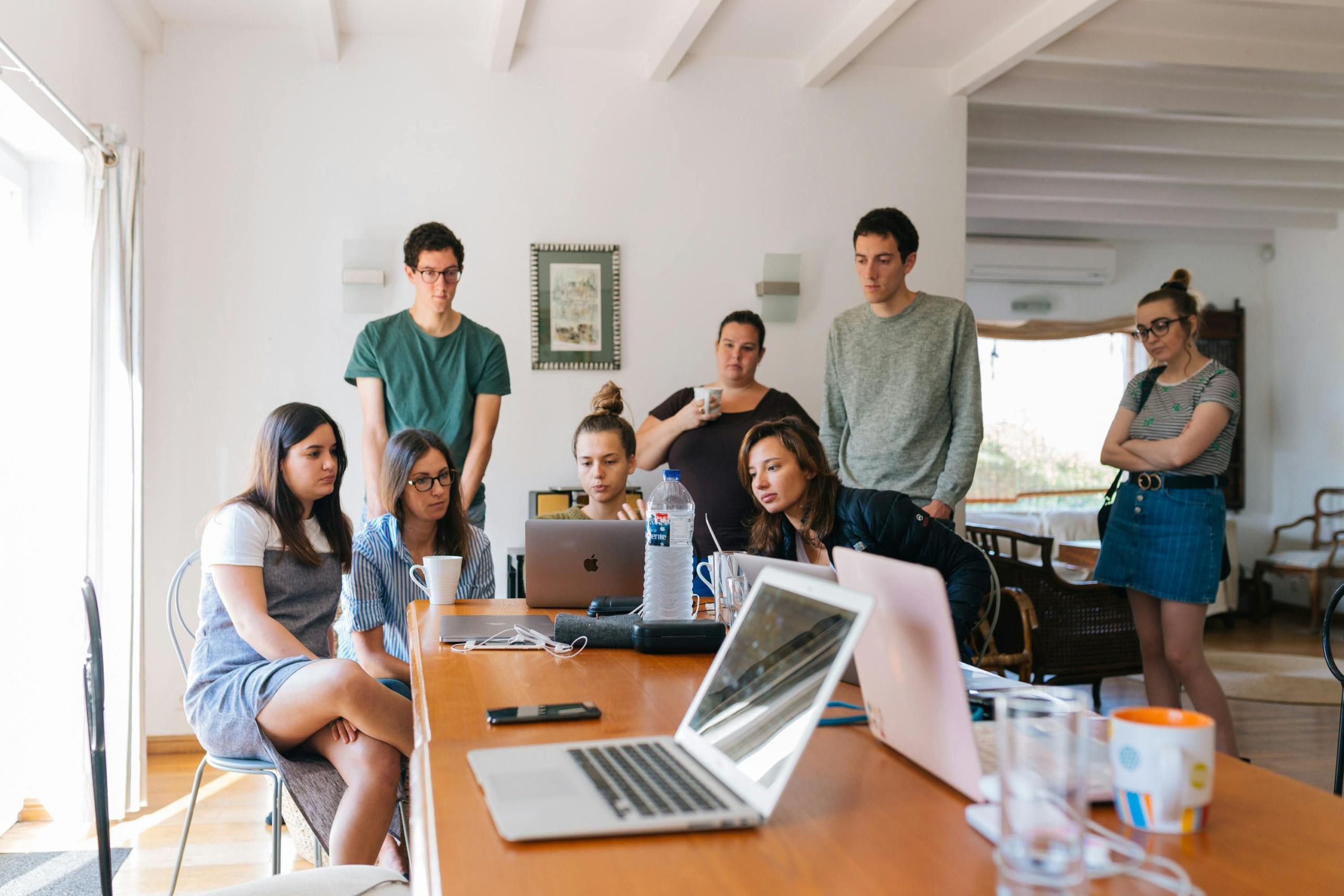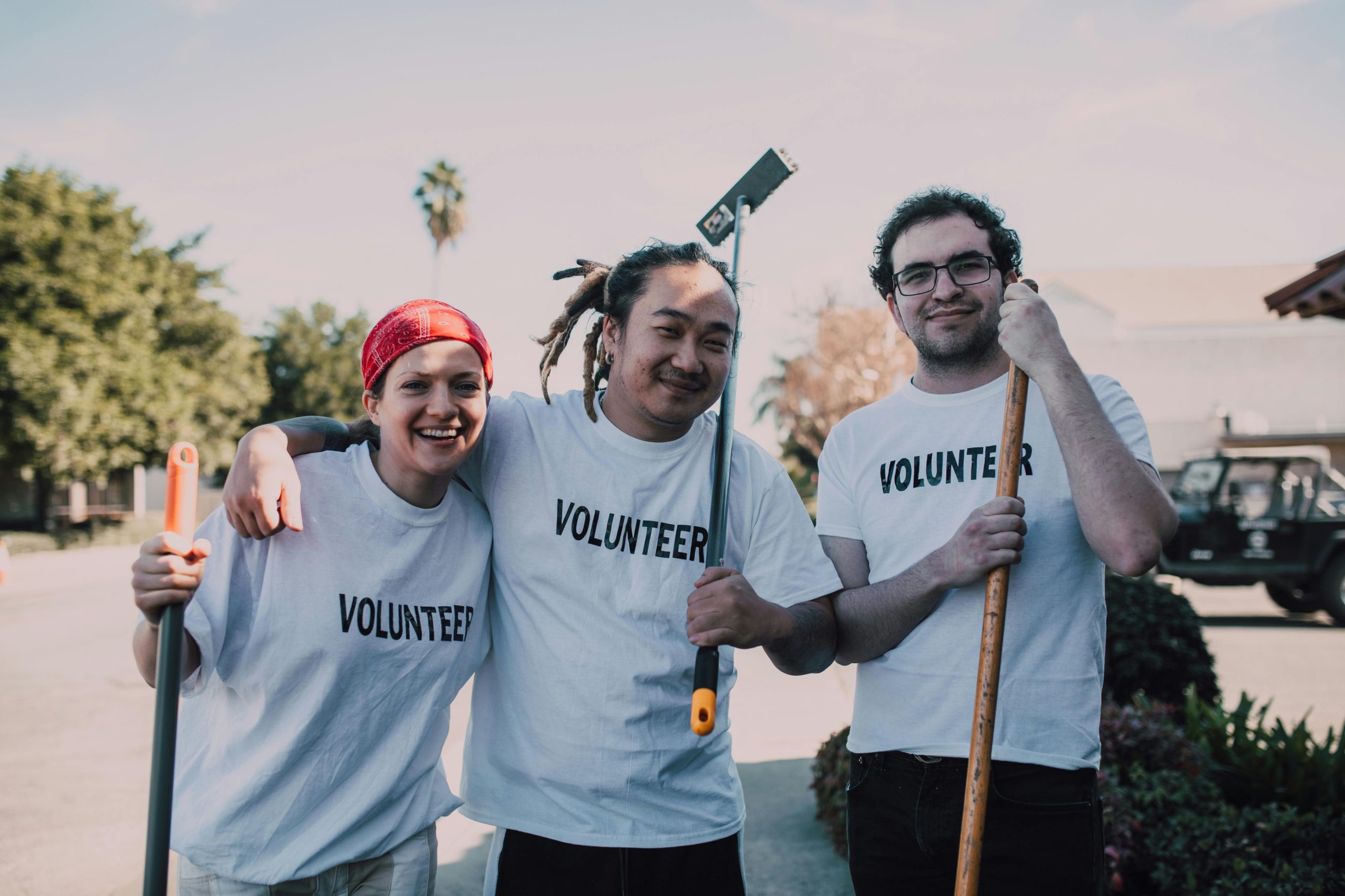Ever wondered why some teams thrive more vibrantly than others?
The secret often lies in how effectively they build and nurture their team culture.
Culture building activities, ranging from workshops, social events, to recognition programs, play a pivotal role in enhancing team collaboration, creativity, and overall workplace morale.
In this blog, we’ll delve into various culture building activities that can propel your team towards greater success, including professional development workshops, diversity training, and innovative team challenges, among others.
Workshops: A Keystone for Team Culture Activities
Workshops are a fundamental component of culture building activities that can significantly enhance team dynamics and foster professional growth. By focusing on specific areas such as communication, leadership, and problem-solving, workshops provide a structured setting where team members can acquire new skills and refine existing ones. These sessions not only equip teams with necessary tools but also encourage a shared learning experience, which strengthens team bonds and supports a collaborative culture.
The design of these workshops often involves interactive and engaging methods such as role-playing, group discussions, and hands-on projects. This interactive approach ensures that participants are not just passive recipients of information but active learners engaged in the process. Key benefits include improved interpersonal relationships and a deeper understanding of team dynamics, which are crucial for enhancing overall team performance and achieving organizational goals.
Moreover, workshops can be tailored to address the unique challenges and needs of a specific team or department, making them highly effective in promoting a positive work environment. Whether it’s a workshop on effective communication to reduce misunderstandings or a session on creative problem-solving to boost innovation, these activities are designed to align with the company’s objectives and support its culture. This customization helps in delivering more relevant and impactful learning experiences that contribute significantly to building a robust team culture.
Leadership Development: Cultivating Leaders within Teams

Leadership development programs are integral to nurturing effective leaders within teams, which in turn strengthens the team’s culture. These programs focus on essential skills such as strategic thinking, effective communication, and team motivation. Leadership workshops help identify and cultivate potential leaders by providing them with the tools to inspire and guide their teams towards achieving collective goals. By aligning these programs with the company’s values and culture, organizations ensure that their leaders uphold and propagate these ideals through their leadership styles.
Diversity Training: Strengthening Team Inclusivity

Diversity training plays a pivotal role in creating an inclusive workplace, which is fundamental to a positive team culture. Such training helps team members appreciate and embrace differences, fostering an environment where everyone feels valued and respected. Benefits of diversity training include enhanced team collaboration, a reduction in workplace conflicts, and a boost in innovation and creativity. By educating employees on the importance of inclusion and providing them with practical tools to overcome unconscious biases, companies can build stronger, more cohesive teams.
Team Building Exercises: Crafting Collaborative Spirits

Team building exercises are designed to enhance collaboration and foster a spirit of teamwork, which are critical for any successful team. These activities can range from simple icebreakers to complex simulations that require collective problem-solving. Through engaging and fun challenges, team members learn to communicate more effectively, trust each other, and work towards common goals. Effective team building exercises result in a more harmonious work environment and contribute to the overall success of the organization by improving team dynamics and productivity.
Social Events: Building Bonds Beyond Work

Social events play a crucial role in building a positive workplace culture by creating opportunities for team members to bond in a relaxed setting. These events, ranging from informal lunches to elaborate annual parties, allow employees to interact beyond the confines of their daily work tasks. By participating in these social gatherings, team members can form deeper connections, which are vital for fostering a collaborative and supportive work environment.
Organizing diverse social events caters to different interests and helps include all team members. For instance, hosting a family day at a local park or a movie night can appeal to employees with families, while arranging after-work gatherings or sports events might be more enticing to others. Key benefits of these varied social activities include enhanced employee engagement and a stronger sense of belonging within the team.
Moreover, social events can serve as a platform for recognizing employee achievements in a non-formal way, which boosts morale and motivation. Celebrating milestones, whether personal or professional, during these gatherings, helps in acknowledging the contributions of team members, making them feel valued and appreciated. This recognition not only uplifts spirits but also encourages a culture of appreciation and respect across the organization.
Community Service: Fostering Team Cohesion and Responsibility

Community service initiatives are powerful culture building activities that enhance team cohesion and foster a sense of social responsibility. By engaging in volunteer work, such as helping at local shelters or participating in environmental clean-ups, employees collaborate towards a common goal outside their usual work roles. This not only helps in breaking down formal hierarchical barriers but also allows team members to see each other in a new light, building trust and mutual respect. Additionally, community service projects can align with the company’s CSR goals, thereby reinforcing the organization’s values and commitment to societal welfare.
Innovation Challenges: Sparking Creativity in Teams

Innovation challenges, such as hackathons or idea marathons, are excellent for sparking creativity and problem-solving skills in teams. These events encourage employees to think outside the box and propose innovative solutions to business challenges. Key aspects of successful innovation challenges include setting clear objectives, providing resources for experimentation, and recognizing creative efforts. By promoting a culture that values innovation, companies not only foster an environment of continuous improvement but also empower employees to take initiative and drive change.
Internal Communication: Enhancing Team Dynamics
Effective internal communication is essential for enhancing team dynamics and ensuring smooth collaboration across different levels of an organization. By establishing open channels for communication, companies can facilitate the flow of information, reduce misunderstandings, and promote transparency. Regular updates, team meetings, and digital communication platforms can help keep everyone aligned with the company’s goals and current projects. Benefits of robust internal communication include improved morale, faster decision-making, and a more inclusive work environment where every employee feels heard and valued.
Recognition Programs: Celebrating Team Achievements

Recognition programs are a powerful tool in any organization’s arsenal, designed to celebrate and reward the hard work and achievements of employees. These programs not only boost morale but also reinforce the company’s values and culture, fostering a positive work environment. By acknowledging the contributions of team members, recognition programs help to build a sense of accomplishment and belonging among employees, which is crucial for maintaining high levels of engagement and productivity.
Implementing effective recognition programs involves more than just occasional praise; it requires a structured approach that aligns with the company’s strategic goals. These programs can range from formal award ceremonies to casual shout-outs during team meetings. Key elements often include:
- Timely recognition: Celebrating achievements as they happen.
- Personalization: Tailoring rewards to fit the individual’s interests or needs.
- Visibility: Publicly acknowledging contributions to enhance the impact.
Moreover, integrating technology can streamline the process of recognizing employees. Digital platforms like social intranets or mobile apps can facilitate peer-to-peer recognition and allow managers to easily distribute rewards. This tech integration ensures that no good deed goes unnoticed and that the recognition process itself is a reflection of a modern, forward-thinking workplace culture.
Mentorship Programs: Guiding the Next Generation of Leaders
Mentorship programs play a pivotal role in both personal and professional development within organizations. By pairing experienced professionals with newer employees, mentorship fosters a culture of continuous learning and knowledge sharing. This not only helps in grooming future leaders but also enhances job satisfaction and retention. Key benefits of mentorship programs include:
- Enhanced skill development through guided learning.
- Increased engagement and morale as employees feel valued and supported.
- Fostering diversity and inclusion by bridging gaps between different groups within the company.
Flexible Work Options: Supporting Work-Life Balance
Flexible work options are increasingly recognized as essential for supporting work-life balance and overall employee satisfaction. By allowing employees to choose where and when they work, companies can create a more inclusive and adaptable work environment. This flexibility can lead to numerous benefits, such as:
- Reduced employee burnout by accommodating personal needs.
- Increased job satisfaction and productivity, as employees work in ways that best suit their lifestyles.
- Attraction and retention of top talent who value flexibility in their work arrangements.
Hiring Practices: Aligning Values with Team Culture
Aligning hiring practices with the company’s values and culture is crucial for building a cohesive and productive team. This involves not only assessing candidates’ skills but also their fit with the organizational culture. Effective strategies include:
- Clear communication of company values in job postings and interviews.
- Behavioral assessments to evaluate alignment with company culture.
- Involving multiple team members in the hiring process to ensure a well-rounded assessment of fit. This approach helps in creating a workforce that is not only skilled but also deeply connected with the company’s mission and ethos.
Enhance Your Culture with Indulge’s Unique Culinary Experiences
Enhancing your corporate culture isn’t just about traditional team-building exercises; it’s about creating memorable, engaging experiences that resonate with your team on a deeper level. INDULGE offers a unique opportunity to do just that through its curated culinary tours and exclusive dining experiences. Picture your team navigating the historic streets of Old Town Zurich, engaging with local food artisans, or enjoying a bespoke Wine & Dine experience in the industrial heart of Zurich. These aren’t just meals; they are carefully crafted journeys that offer insight into Zurich’s rich culinary heritage and vibrant food scene. The benefits of integrating such experiences into your team-building activities include:
- Improved Communication: Sharing unique culinary experiences can break down formal workplace barriers and foster open, informal communication.
- Enhanced Team Cohesion: Common experiences, especially those that are enjoyable and unique, can help strengthen bonds between team members.
- Cultural Appreciation: Understanding and experiencing local and international cuisines can broaden perspectives and cultivate a greater appreciation for diversity within your team.
Beyond just eating, INDULGE‘s experiences are interactive and immersive, involving storytelling, tastings, and even cooking demonstrations led by experts. This interactive element ensures that team members are not merely participants but active contributors to the experience. Such activities not only make the experience more memorable but also enhance the team’s collaborative skills as they engage collectively in learning and enjoyment. For companies looking to foster a strong, cohesive corporate culture, INDULGE‘s culinary adventures offer a fresh, innovative approach. Whether you’re looking to introduce new employees to the cultural fabric of Zurich or aiming to give your team a relaxing yet enriching experience, INDULGE has something that can be tailored to your needs. Consider exploring these culinary experiences as a way to:
- Boost Morale and Motivation: Unique experiences are exciting and can significantly boost team spirit.
- Encourage Creative Thinking: New experiences can stimulate the mind and inspire innovative thinking in professional projects.
- Build Lasting Memories: Shared good times are a foundation for strong, enduring professional relationships. To see how INDULGE can transform your team-building events, visit INDULGE’s curated food experiences.
Frequently Asked Questions
What are fun activities to build team culture?
Fun activities to build team culture include professional development workshops, diversity training, innovative team challenges, team building exercises, social events, community service initiatives, and unique culinary experiences. These activities help enhance team collaboration, creativity, and morale, fostering a positive and inclusive workplace culture.
What are examples of cultural activities?
Examples of cultural activities that can enhance team culture include leadership development programs, diversity training, team building exercises, social events, community service projects, innovation challenges, and curated culinary tours. These activities are designed to improve team dynamics, foster inclusivity, and strengthen interpersonal relationships within the team.
What is a culture building strategy?
A culture building strategy involves implementing various activities and programs that enhance team dynamics and promote a positive work environment. This can include workshops focused on communication and leadership, diversity training, team building exercises, social events, recognition programs, mentorship programs, and flexible work options. These strategies are tailored to align with the company’s objectives and support its culture, fostering a collaborative and supportive workplace.
How do you build culture?
Building culture in a team or organization involves integrating various activities and programs that promote collaboration, inclusivity, and professional growth. This includes conducting workshops, leadership development programs, diversity training, and team building exercises. Additionally, organizing social events, community service projects, and recognition programs help strengthen bonds and reinforce the company’s values. Implementing these elements effectively creates a positive and engaging work environment that supports the overall success of the organization.








